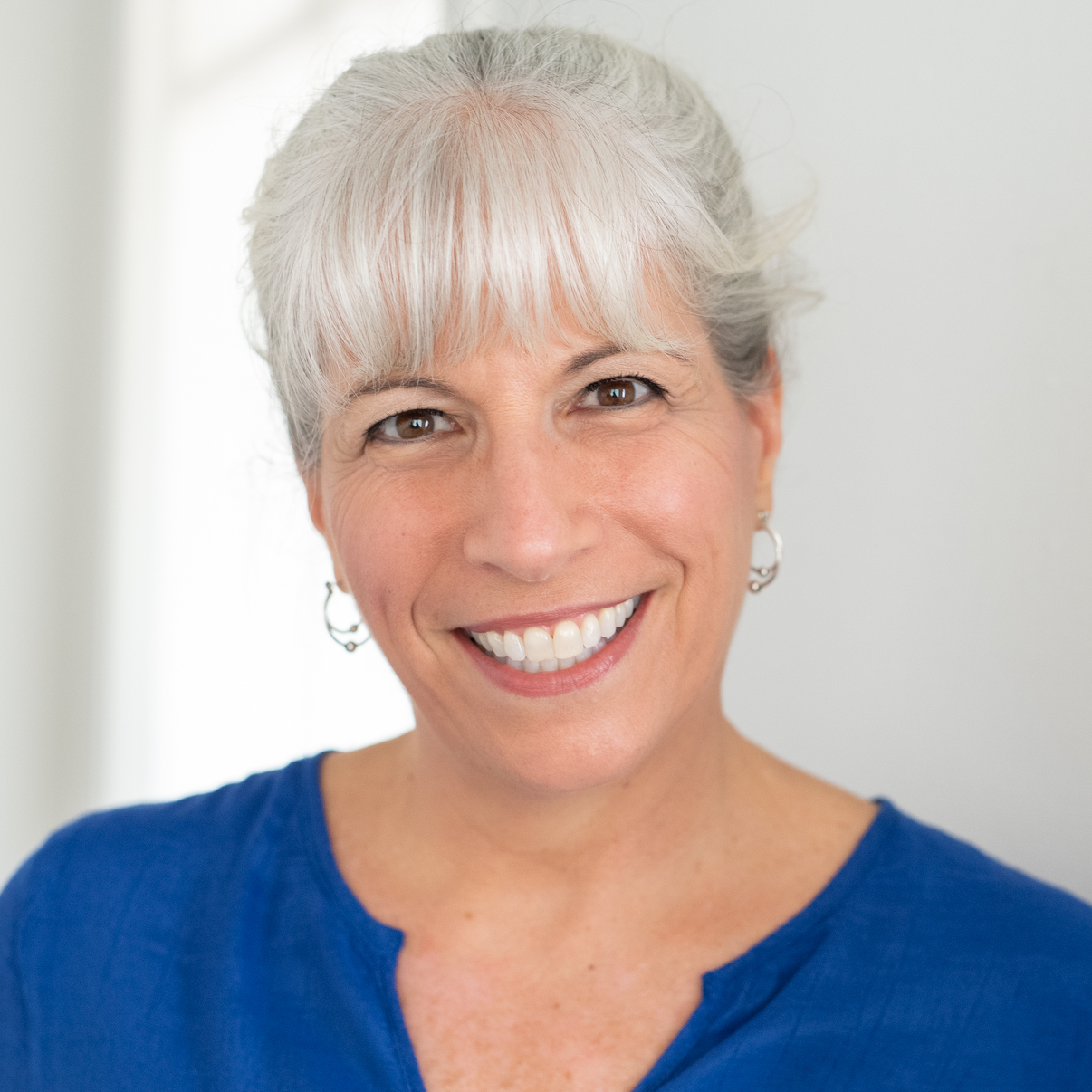Donor Advised Funds: A Win-Win All Around!

Do you regularly donate to organizations such as a religious institution, alma mater, or a 501(c)(3) charity? Good for you!
Do you own investments with a low cost basis that you'd like to sell but don't want to pay the capital gains tax that will result? Even better!
A Donor Advised Fund may be the perfect vehicle for you!
A Donor Advised Fund (DAF) can be set up with most major brokerages. You make a tax-deductible contribution of cash, stock, mutual fund shares , or even non-publically traded assets. The amount of the tax-deduction is based on the current market value of those assets...not the price that you originally paid for them.
For example, say you own 1000 shares of a stock you bought 10 years ago for $2/share ($2,000) and it's now worth $20/share ($20,000). If you use those shares to fund a DAF in 2014, you would have made a $20,000 tax-deductible donation in 2014. Also, you didn't have to pay any capital gains tax. Yay!
One thing to consider is that once you make that donation you do not have access to those assets any longer. Therefore, if down the road you need some of that money back for an emergency you'll have to look elsewhere for the cash.
So, now what happens to the money in the DAF? It's going to sit there appreciating in value (hopefully!) until you decide what organization(s) gets it. If you want $100/year to go to your local animal shelter, $300/year to go to the Red Cross, $500/year to go to your alma mater, and $2,000/year to go to your church then you set that up with the administrator of the DAF.
Did you notice that you get the full tax-deduction in Year 1, but the charitable donations can be spread out over many years? Pretty cool, huh?
You may have noticed one potential downside: Even if the assets in the DAF continue to appreciate in value before they're passed along to your charity of choice, you won't get the tax-deduction of that appreciated amount. [On the other hand, if the donated assets declined in value you were able to claim the higher-valued tax-deduction in the year you funded your DAF.]
Donor Advised Fund aren't for every situation, but they can be a perfect solution for some. I recommend you speak with your tax-advisor to see if DAFs are a good fit for you.





